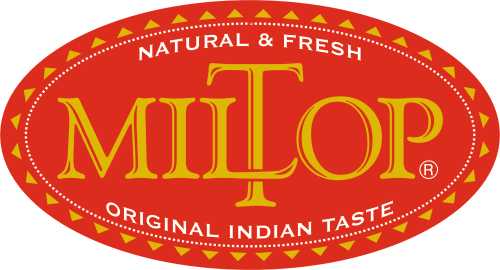Description
Babchi is an erect herbaceous plant that possesses broad elliptic leaves. Its flowers are yellow or bluish purple in colour. The plant bears pods containing single seed. Psoralea corylifolia (Babchi) is an important plant in the Indian Ayurveda system of medicine, and also Chinese medicine. The seeds of this plant contain a variety of coumarins including psoralen. The seeds have a variety of medicinal uses, but the specific role (if any) of psoralen in these uses is unknown. Psoralen itself has a number of commercial uses. An extract of the plant’s fruit Fructus psoraleæ has been shown to act as a norepinephrine-dopamine reuptake inhibitor. The plant bears pods containing single seed. Bakuci is bitter and pungent in taste, pungent in the post digestive effect and has hot potency. It alleviates kapha and vata dosas but aggravates the pitta dosa. It possesses light and dry attributes. It is a mild laxative and alleviates various skin diseases. An essential oil is found in baduci seeds. Resins, fixed oil and a crystalline solid, psoralen, a furocoumarin, have been isolated. Psoralens are active principles for inducing pigmentation.
The seeds have great medicinal value. The plant is used both internally as well as externally. The seed oil is extremely beneficial, externally, in numerous skin ailments. It has aromatic, anthelmintic, antibacterial and antifungal properties. It is used as a diuretic, diaphoretic, laxative and stimulant. It cures leprosy, leucoderma and psoriasis. The powdered seeds are applied externally to cure skin problems. Seeds are used to make perfumed oil also. In hypopigmented lesions if the skin likes leucoderma and psoriasis respond well, to local application along with oral therapy. In leucoderma, the seed powder of bakuci mixed with haratala bhasma (yellow arsenic), in 4:1 proportion, and mashed with the cow’s urine. This paste is applied on the lesions of leucoderma. In scabies and ringworm infestations, the bakuci seed powder mixed with buttermilk, is applied externally.



